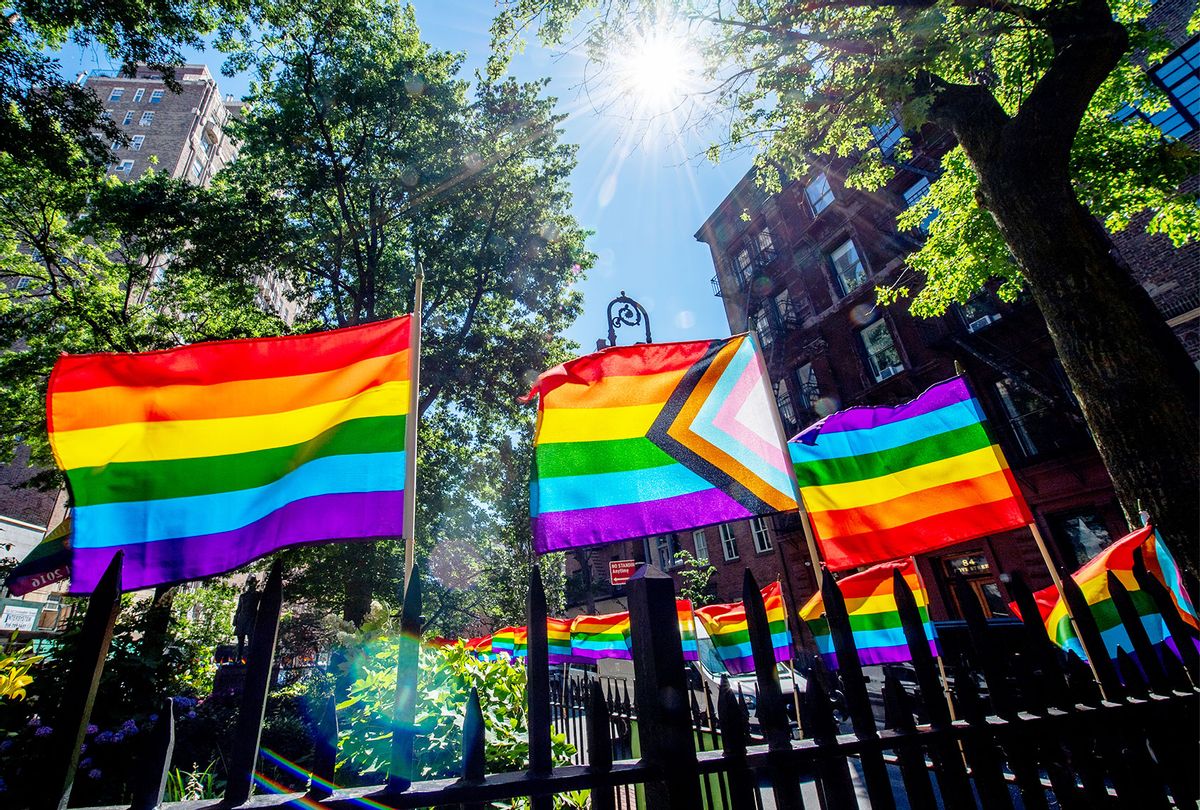A recent Gallup poll has concluded that the number of adults who identify as LGBTQ+ has risen considerably over the past decade, and even the past two years. The last time a poll tallied up the number of lesbian, gay, bi-sexual, transgender, or generally non-heterosexual American adults was in 2012, and this most recent study finds numbers to have doubled.
Gallup collects their information via U.S. telephone surveys, and those who agree to participate are free to offer up anything they like in terms of sexual or non-sexual identification. Gallup came away from their poll with data indicating that 7.1% of U.S. adults identify as LGBTQ+, 86.3% identify as heterosexual, and 6.6% didn't offer a preference one way or the other.
Related: Betty White on "The Golden Girls" taught me queer self-acceptance
The sample size of U.S. adults interviewed was 12,000, according to the Gallup report, and out of that sample a clear distinction was made between Generation-Z adults born between the years 1997 and 2003, and the older millennial, Generation-X, and Baby Boomer generations. The older generations were found to be "holding steady" in terms of numbers of adults who identify as LGBTQ+, while the youngest Gen-Z generation who identify as such has doubled since 2017.
"These young adults [Generation Z] are coming of age, including coming to terms with their sexuality or gender identity, at a time when Americans increasingly accept gays, lesbians and transgender people, and LGBT individuals enjoy increasing legal protection against discrimination," Gallup said.
Want a daily wrap-up of all the news and commentary Salon has to offer? Subscribe to our morning newsletter, Crash Course.
In a USA Today article breaking down various Gallup findings in relation to how modern society views the LGBTQ+ community, they state that the percentage of Americans who are generally comfortable with the acceptance of the LGBTQ+ community is at an all-time high of 62%.
"It just speaks to changes in societal norms that we've seen over the past, really, two decades," Jeff Jones, a senior editor at Gallup said. "When we used to ask about same-sex marriage, in the 1990s and even in early 2000s, we would have majorities opposed. And now we have solid majorities that seem to grow at least a little bit every year."
Read more:



Shares